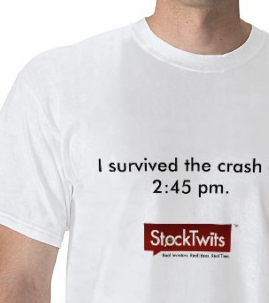During its first decade of membership, the European Union's generous subsidies helped catapult Greece out of its Balkan backwardness. By the time 1997 came around, and Europe's leaders prepared to introduce the single currency, some were hailing Greece, enjoying steady economic growth of more than 3 percent under the then Socialist government of the prime minister, Costas Simitis, as a plucky economic stalwart.
For Athens, Mr. Papantoniou recalled that joining the euro was a matter of pride and necessity, as it would stabilize the country's economy by fending off predatory speculators, while allowing Greece access to credit at low interest rates because it was part of the rich euro club.
"Once we were in line to join the euro, we started to transform from a third world country to one that aspired to look more like Switzerland," he said.
But Greece's path to the euro was far from assured. Public opinion in Germany, scarred by the memory of wartime hyperinflation, was always wary of giving up the Deutsche mark, and the German government insisted on tough conditions for the countries that wanted to join. Budget deficits were supposed to be below 3 percent of gross domestic product; debt was not to exceed 60 percent of G.D.P. and inflation could not top 3 percent.
In December 1996, the currency's rules were toughened in a so-called Stability Pact, intended to punish with costly fines countries that persistently broke the rules once inside the euro zone. The unspoken intention was to raise the barrier for Southern European countries, which were seen as having looser, more inflationary economic policies.
Germany wanted the fines to be automatic, but other countries, led by France, put the onus of enforcement on political leaders in the European Union. (No country, Greece included, has ever been fined even though the rules have been routinely broken by most countries in the euro zone.)
The euro was fundamentally a political creation, which meant that the rules could be bent when deciding whom to admit. So, when 11 nations locked their currencies in January 1999 -- the first stage in the creation of the euro -- they included Italy, Belgium, Spain and Portugal. Greece failed to join because of budgetary and inflationary problems.
The European Central Bank expressed concern about Greek finances as early as 2000, noting in a report that Greece's total debt was far above the prescribed limit.
BUSINESS
Greece's Stumble Follows a Headlong Rush Into the Euro
By DAN BILEFSKY
Published: May 4, 2010
Athens began the push for acceptance in 1981, eager to join its rich European neighbors, which ignored their own rules to let Greece in.
![Reblog this post [with Zemanta]](http://img.zemanta.com/reblog_e.png?x-id=d6a83086-c84f-4c11-a3c2-cd43f5662bcf)



